Ahh, this book. My childhood and adulthood are filled with the phrase “traditions of our fathers.” According to someone’s count, that phrase appears in Mormon scripture (the Book of Mormon) 20 times. The Book of Mormon and its consequent religion is all about the “traditions of our fathers.” Some of the traditions are harmful: exclusion, pride, war, violence, ingratitude, greed; some of the traditions are unifying: forgiveness, education, family, tenderness, vulnerability; but they are all fathers’ traditions. Not our mother’s.
The Red Tent imagines the traditions of our mothers, it inserts stitches into that neglected, gaping wound in history. Dinah, the narrator, is the story holder of ancient women’s traditions, turmoils, and forgotten or silenced lives. She is a fictional voice within and behind Genisis chapter 34. She is Jacob and Leah’s daughter; her voice rises from the ancient deserts of Egypt, giving voice and ritual to the stories of women who also lived, worshipped, bled, and died beside the men whose names and traditions we know from childhood.
The imagined ceremonies of ancient women in this book are wild, sensual, meaningful, feminine, and untamed. The stories and journeys of Dinah, her mothers, and the women around her are captivating, empowering, and enraging. The last chapter enveloped me in its words, reminding me of my inheritance, reminding me of women and all those who are excluded from shaping, writing, and erasing history.
Thank you, Anita, for being brave and visceral. For acknowledging the vast range of women. For teaching me to celebrate my blood, my body, and my rhythms. Thank you for giving me the traditions of our mothers.



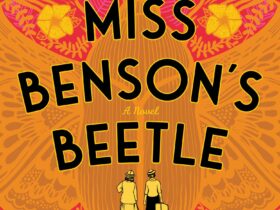


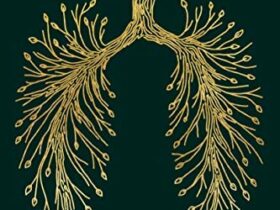


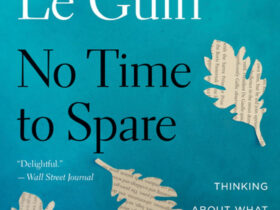

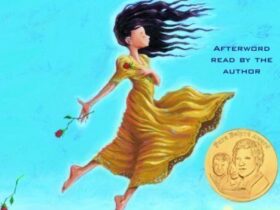


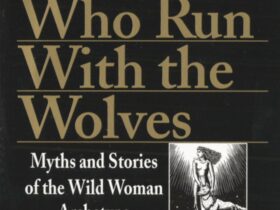







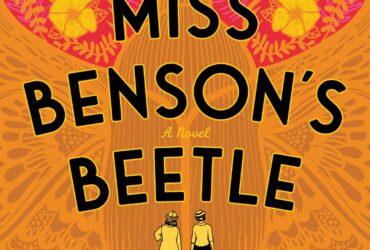





Leave a Reply